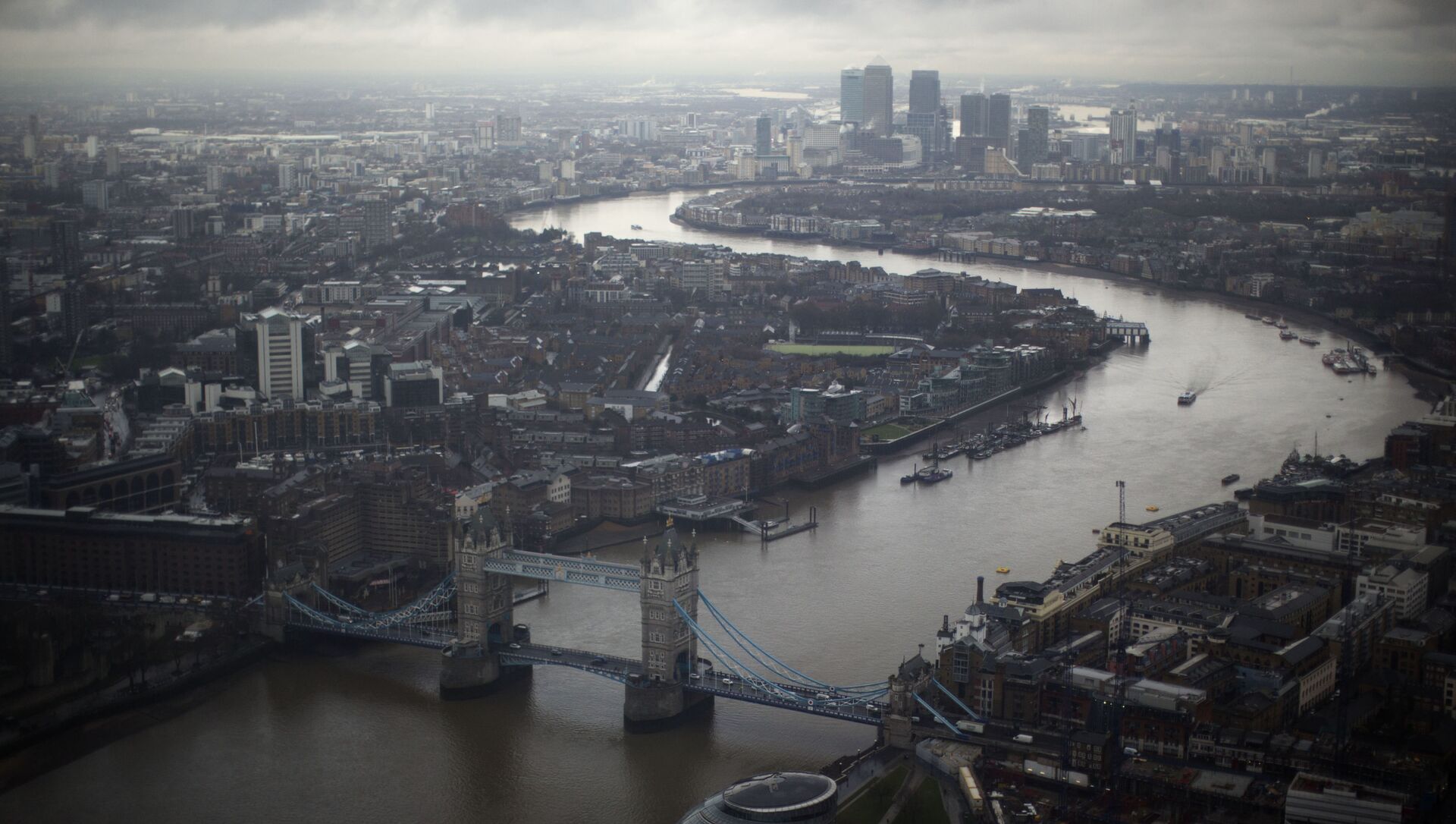The UK is now a more attractive location for investment than it was before Brexit, a new report published on Friday reveals.
According to the PwC annual survey of 5,000 chief executives worldwide, the UK has overtaken India as the fourth most attractive growth target to bosses, just behind China, the US, and Germany.
The release shows 11 percent of bosses around the world see the UK as one of top three targets, up from 9 percent in 2019.
“The findings are a vote of confidence in certainty and stability, which have undoubtedly increased on the trade front. Not only has the UK grown in appeal to some of our newer trade targets, but it remains an important market among our European neighbours", said PwC chairman Kevin Ellis.
Ellis added that executives are not "largely confident the crisis has turned a corner" which is now "fuelling activity and momentum, as chief executives plan ahead".
“We’re seeing this evident in deal activity which is building apace, and it should also translate into headcount increases in growth sectors like tech”.
Chief executives based in China have also become more optimistic about the UK market as an investment location post-Brexit, with 13 percent choosing the UK as a growth target compared with only 3 percent in 2019. Moreover, nearly a quarter of bosses in India consider Britain an opportunity for investment.
UK chief executives’ are also becoming more confident regarding the global economic situation and their organisations’ prospects for growth compared with their counterparts worldwide
According to the study, 89 percent of British bosses are confident prospects will improve to some extent over the year and the outlook over the course of three years is even better.
— Aine O'Hare (@AineOHare_) March 11, 2021
The UK’s rapid vaccination rollout is probably the reason for this optimism as businesses can plan for a return to more normal conditions. More than half of chief executives also now foresee hiring more staff over the next year whereas 44 percent of bosses globally expect to see a reduction.
Post-Brexit Optimism
This comes as the UK has managed to secure trade deals with non-EU countries after the UK's withdrawal from the bloc's regulatory framework at the end of 2020.
On Thursday, International Trade Secretary Liz Truss announced that Britain had secured a trading deal with Albania - its first with a European country outside the EU.
— Liz Truss (@trussliz) February 5, 2021
The continuation deal will see a drop in tariffs on key imports and exports such as electricity, minerals, fuel, electricity, textiles, and shoes. This followed a number of rollover agreements that are consistent with arrangements that took place as an EU member state.
On 31 January, the UK government announced its intention to join the Comprehensive and Progressive Agreement for Trans-Pacific Partnership (CPTPP), a free trade area with 11 Asian and Pacific nations including Australia, Canada, Japan, and New Zealand.
The UK also secured a trade deal with Japan on 22 October - the first to be distinct from an existing EU agreement.
Meanwhile, the UK government remains in trade talks with the US, Australia, and New Zealand which are all Commonwealth countries.
Peaks and Troughs
Brexit has seen trading problems arise over the status of Northern Ireland and the effective customs border with Britain. Figures from the Office for National Statistics (ONS) in January immediately after the UK's withdrawal also found that imports from and exports to the EU fell "markedly".
However, the ONS report identified "temporary factors" as the probable culprit behind the disruption. Moreover, the drop coincided with the discovery of a new fast-spreading coronavirus which saw international travel blocked from Britain.
— Office for National Statistics (ONS) (@ONS) March 12, 2021
The UK's gross domestic product (GDP) for January is estimated to have fallen by 2.9 percent amid the introduction of a fresh lockdown leading to "reduced economic activity" the ONS said.
Although the UK saw one of its worst contractions in economic activity last year, an end to the uncertainty around Brexit seems to be showing an improvement in prospects for the near future.



